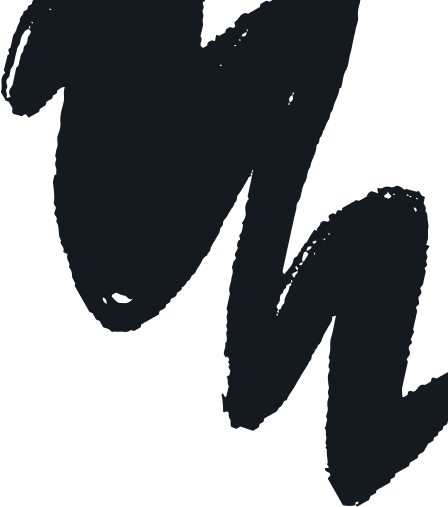.png)
Why teen anxiety drops in May and spikes in August
Why teen anxiety drops in May and spikes in August
Why teen anxiety drops in May and spikes in August
DEEP DIVE: The Classroom With No Walls
By OpenEd Team | Read in browser
For generations, "school" has meant four walls, fluorescent lights, and staying in your seat. But since 2017, enrollment in nature-based schools has grown by 200%.
This movement arrives in response to what Richard Louv calls "nature-deficit disorder." Research shows that green settings significantly reduce ADHD symptoms, improve focus, and even lower rates of myopia (nearsightedness).
But lest you think you have to choose between a "serious" academic education and a "hippie" forest school, we’ve got good news:
You don't have to move to a yurt, or even enroll in a full-time nature school, to integrate the benefits of prescription-grade Nature Rx into your existing open education plan.
The sweet spot for many families is to use nature as a component, not the whole container. A hybrid model is becoming more popular:
- Tuesday/Thursday: Forest school for immersion, sensory integration, and social connection.
- Mon/Wed/Fri: High-efficiency academics using adaptive tools (like the glare-free Daylight Computer) that let you get core work done in half the time.
It turns out, you can have the woods and the academics, too.
Read the full guide to Nature and Forest Schooling
PODCAST HIGHLIGHT: Dr. Peter Gray is in the House
Every year, right around late May, something statistically unusual happens. Teen mental health improves dramatically.

Emergency room visits for anxiety and self-harm drop. Psychiatric hospitalizations decline. Then August hits, school starts, and it all comes roaring back.
Dr. Peter Gray, a biopsychologist and author of Free to Learn, has been tracking this pattern for decades. He joined us on the podcast this week to explain why we keep looking for the wrong culprit.
"As a culture," Gray told us, "we would far rather blame social media than blame school."
We point at the screens, but we ignore the structural reality. Gray notes that during the COVID lockdowns, despite the isolation and fear, youth mental health admissions actually improved—until schools reopened in person.
The problem, he says, is the loss of autonomy combined with intense pressure. "We have convinced children that how they're doing in school is a measure of them," Gray says. "That if I am a failure at school, I'm a failure as a human being."
The Takeaway: The anxiety crisis didn't start with the iPhone in 2010. It started in the 1950s, right when we began systematically removing childhood freedom.
Listen to the full episode | Watch the clip on YouTube
Bonus book recommendations from Dr. Gray:
- The Gardener and the Carpenter — Alison Gopnik’s book on why parenting is a relationship, not a job. Stop trying to build a chair; start watering the garden.
- How to Raise an Adult — Julie Lythcott-Haims (former Stanford Dean) on the damage overparenting does to college freshmen.
And be sure to check out his Substack newsletter.
TRENDS OF THE WEEK
The Case for Mastery (Redux) (Source: The Atlantic, OpenEd)
33% of eighth graders now read "below basic" level—the highest rate since 1992. Schools often respond by passing kids along anyway (social promotion), but the data suggests a different approach: stop measuring seat time and start measuring mastery. If a kid can't read, pause the calendar and fix the reading.
2040: The City is the Classroom? (Source: Getting Smart)
We're reading "2040 is SO Not Boring," a narrative piece imagining education 15 years from now. It paints a picture where schools as buildings have largely dissolved into the city itself—students learning waste management from smart grids in Amsterdam or design thinking in local libraries. Utopian vision or logistical nightmare? You decide.
Nature Schooling by the Numbers (Source: OpenEd Deep Dive)
Enrollment in forest schools has jumped 200% since 2017. There are now over 800 programs in the US, and 70% of them have waitlists. The "hybrid" model (2 days in woods, 3 days at home) is emerging as the dominant way families make this work without abandoning academics.
TOOLS WE'RE BOOKMARKING
Savvy Learning — High-dosage reading tutoring from our partner vendor. 25-minute sessions, 4 days a week. It works because it matches a kid's actual attention span. (OpenEd)
Naked Statistics — A book that makes stats readable (and relevant) for teens. Good for developing political statistical literacy. (Reddit r/homeschool)
Preply — 1-on-1 language tutoring marketplace. Find a native speaker for your learner (Spanish, French, Japanese, etc.) without the classroom overhead.
Moscow Puzzles — For the kid who breezes through Beast Academy and needs something harder. (Reddit r/homeschool)
Brother Laser Printer — The consensus "just buy this" advice from homeschool parents. Inkjets dry out; lasers last forever. (Reddit r/homeschool)
1000 Hours Outside — A simple tracking framework to gamify getting your kids out the door. (Nature School Deep Dive)
Wonder Math — Story-based math for kids who hate rote memorization. It focuses on understanding concepts rather than just drilling facts. (Reddit r/homeschool)
Wild + Free — The massive community network for nature-based homeschoolers. Great for finding local groups.
Daylight Computer Bright Friday SALE — Bummed you didn't win the giveaway? Daylight is discounting their "paper-like" tablet ($80 off) for the next 48 hours. Perfect for the kid who wants to do math under an oak tree.
PARTING THOUGHT
"Don't follow your passion. Follow your contribution." – Ben Horowitz
In a commencement speech that is making the rounds again, a16z co-founder Ben Horowitz attacks the sacred cow of career advice.
"Follow your passion" is dangerous, he argues.
- Passions are hard to prioritize. (Do you love math or poetry more?)
- Passions change. (What you love at 21 isn't what you love at 40.)
- You might not be great at your passion. (Just watch American Idol.)
Instead, he suggests a less "me-centered" approach: Follow your contribution. Find what you are great at, and use it to put something into the world.
That's all for this week!
Subscribe to The OpenEd Daily
Join 17,000+ families receiving curated content to support personalized learning, every school day.
.webp)
.avif)


.png)
.png)
.png)